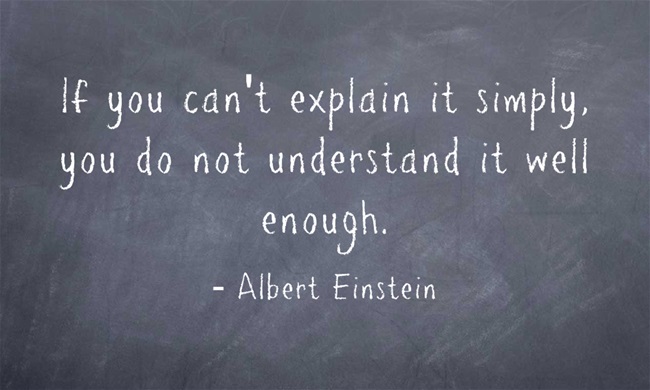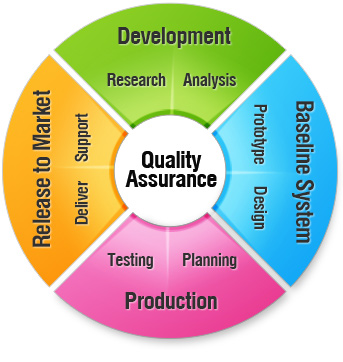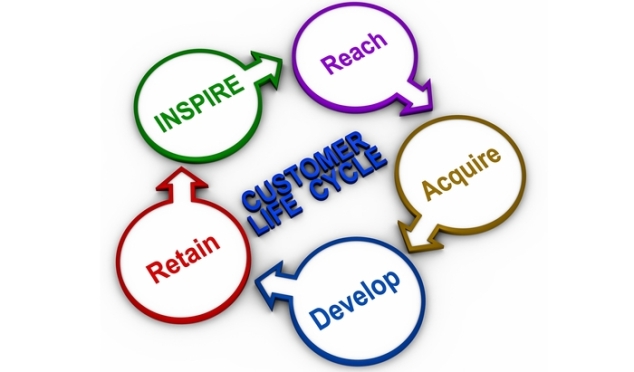A professional footballer! Preferably, a famous & successful one!

Allow me to elaborate on my silly fantasy & non-fading youth dream.
If I were to become a successful professional footballer, a few far years ago, like the ones displayed above, I would have ruled the world. I would have done what I do best and like most while having the prospect of future financial stability and even a bit more than that (just a bit).
Like the “usual stuff”, owning my own house, car and having a solid study private fund for the education of my children (assuming I won’t be affluent enough to start an own university). But the prospect of leading a “mediocre but stable” life, was fiercely encouraged by my caring environment (you know, like yours).
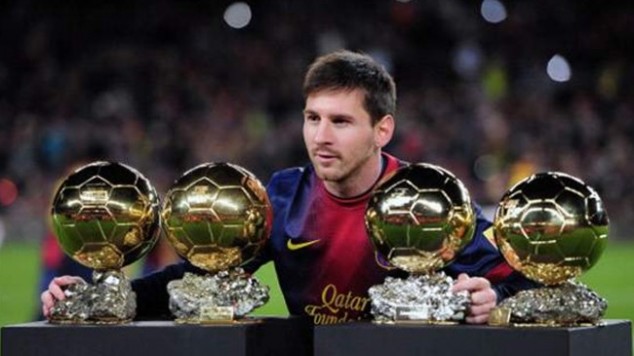
Lionel Messi
Let alone the other “benign side effects” that come with professional football careers, like having good health and a perfect condition. I would also undoubtedly have had enough free time to exercise other hobby’s and even make a second career out of them like becoming a book author, or owning a record label that makes only my albums, listened to only by my family.
I would have travelled the world and learned at least 5 languages at a decent level. And off course, I would have also started my own business to unleash my entrepreneurial energy and creativity into something brilliant, useful or new. I would have started a number of non-profit organizations aimed at alleviating poverty, advancing free education or improving health conditions of the unprivileged ones among us.

If I were to become a professional footballer, I would’ve had the chance to meet likes of Maradona, Pele, Zidane, Ronaldo (the only one) and Messi. I may have even been able to meet politicians and world and business leaders. I wouldn’t have minded the 30 seconds of fame bestowed upon me, featuring me endorsing a famous sport brand; not at all! I would’ve done it for free!
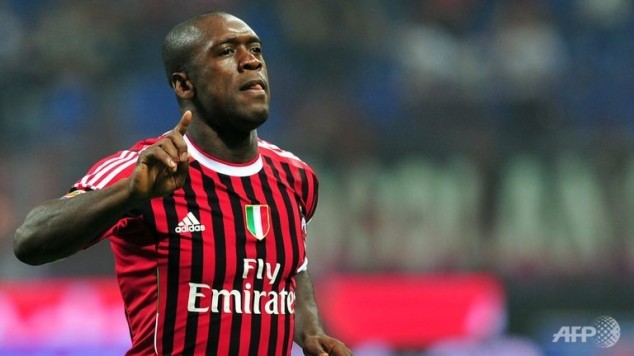
Clarence Seedrof
But I also would have had the honour of meeting the likes of Clarence Seedrof, the all time best Dutch player in achievements, who built a stadium in his native-country Suriname and many other non-profit initiatives across his homeland. Or Nigel de Jong, the other Dutch player, who transformed his addiction to sport-cars into a flourishing second-career business, catering for, among others, the UAE high-affluence exclusive cars market.

George Weah @ AC Milan
The “worst case scenario” would’ve been achieving what Geroge Weah has achieved through professional football. The famous Liberian football player who only peaked after 29, playing for PSG in France and later AC Milan in Italy, winning the first European Best Player award for a non-European, in 1995, next to becoming FIFA’s World Player of the World.

George Weah, a degree holder in Management.
The same football player crowned his career by his pursuit of a degree at a university in Miami, USA, after his marginal defeat in the national election of Liberia to Mrs. Ellen Johnson Sirleaf, who had what he did not have back then, a degree. The former professional footballer turned active politician and country leader, earned a Masters degree in Management from Devry University in Miami in 2013.

George Weah’s Election Loss
I guess if you can become a professional football player nowadays, you truly can become anyone and achieve anything. All you have to to do is to start kicking a ball at a younger age, aiming at… some goal!
I should have become one and pursued my very first true passion, shouldn’t I?
Is it too late?















